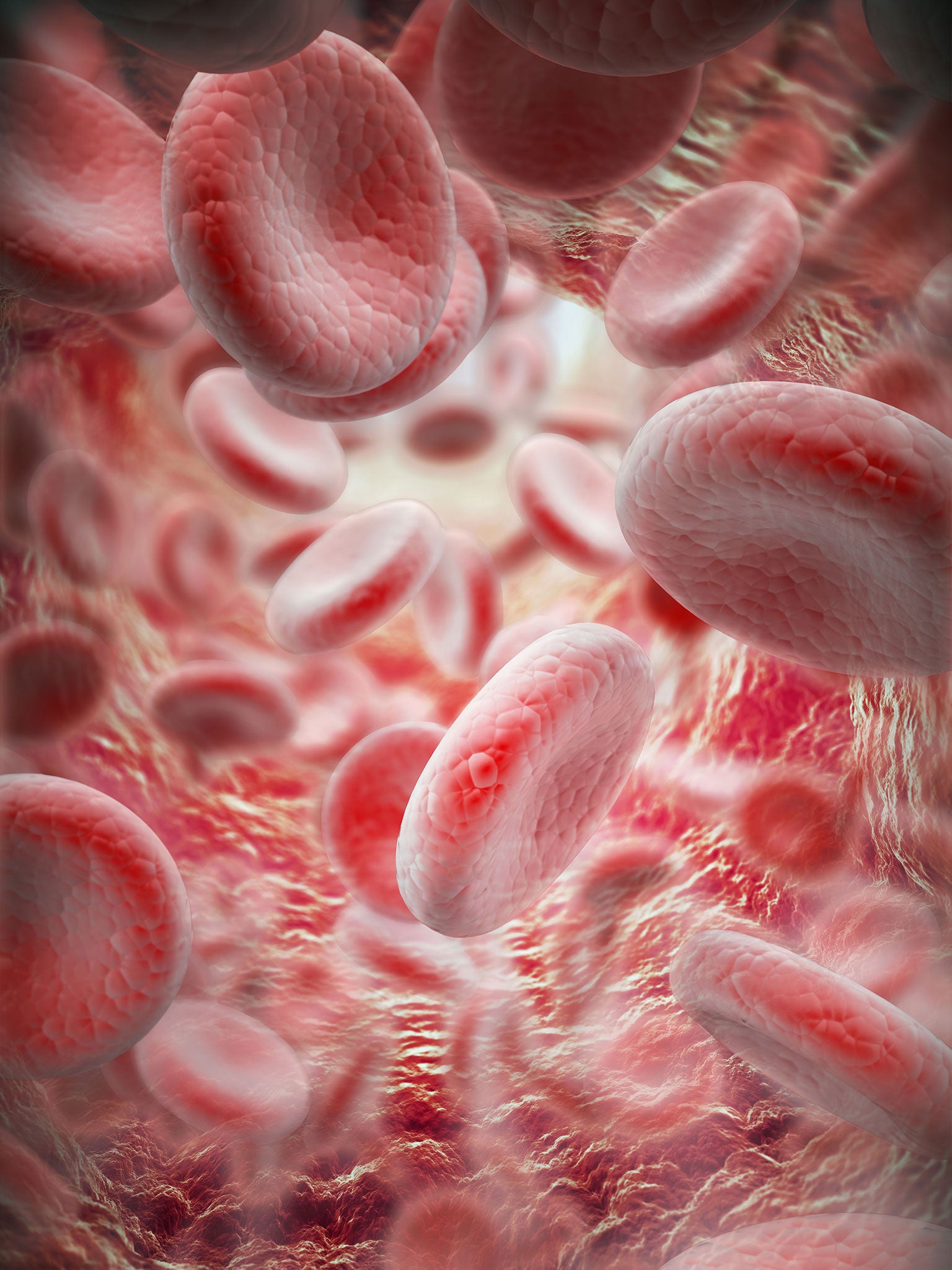The worst places in England to have cancer
Almost half the cancer patients in Merseyside (49 per cent) are diagnosed late compared to 40 per cent of patients in the South West, according to a Cancer Research UK analysis of data

If all the regions of England were as good as the South West at diagnosing cancer early nearly 20,000 more patients over two years could be diagnosed at stage 1 or 2, giving them a better chance of survival.
The biggest difference in stage at diagnosis among all cancers across England in 2012-13 was between Merseyside and the area incorporating Bath, Gloucestershire, Swindon and Wiltshire.
Almost half the cancer patients in Merseyside (49 per cent) are diagnosed late compared to 40 per cent of patients in the South West, according to a Cancer Research UK analysis of data that recorded the stage of diagnosis in around two-thirds of all cancer cases in England.
These areas show the biggest percentage difference in stage at diagnosis among all cancers across England from 2012-13. If Merseyside reached the level of the South West almost 1,000 more of all its cancer patients would have had an earlier diagnosis and a greater chance of beating their disease.
In breast cancer the figures show that, where staging data has been recorded, almost a quarter of breast cancer patients in London were diagnosed late compared to just 10 per cent in Leicestershire and Lincolnshire. This equates to around 1,000 London breast cancer patients missing out on an earlier diagnosis.
And with bowel cancer, Merseyside came bottom in England again with almost 60 per cent of patients diagnosed late compared with half of bowel cancer patients in East Anglia, which came top. This equates to almost 140 Merseyside patients missing the chance of their bowel cancer being diagnosed earlier.
These statistics are released as Cancer Research UK launches a nationwide Early Diagnosis Campaign next week. The campaign will encourage people to know what’s normal for their bodies so they spot unusual changes and see their GP about possible cancer symptoms without delay. Survival for some of the most common types of cancer is known to be more than three times higher when the disease is diagnosed in the earlier stages. Analysts looked at available data on 10 types of cancer across 25 areas of England in 2012 and 2013, and whether the disease was diagnosed early – at stage 1 or 2 – or later, at stage 3 or 4.
They found that people’s chances of being diagnosed early could also depend on which cancer they have, with areas that were among the best for diagnosing one type of cancer early not always doing as well when it came to other types of the disease. For example, although East Anglia was the best place for detecting bowel cancer at an early stage, it was almost the worst for spotting melanoma skin cancer early.
The 25 regions of England ranked by percentage of late stage diagnoses of all cancers, from lowest to highest
Bath, Gloucestershire, Swindon and Wiltshire
Devon, Cornwall and Isles of Scilly
East Anglia
Bristol, North Somerset, Somerset and South Gloucestershire
Arden, Herefordshire and Worcestershire
Hertfordshire and the South Midlands
Thames Valley
Derbyshire and Nottinghamshire
Leicestershire and Lincolnshire
Cheshire, Warrington and Wirral
Wessex
Essex
Birmingham and the Black Country
Surrey and Sussex
North Yorkshire and Humber
Lancashire
Cumbria, Northumberland, Tyne and Wear
London
Shropshire and Staffordshire
West Yorkshire
Kent and Medway
South Yorkshire and Bassetlaw
Durham, Darlington and Tees
Greater Manchester
Merseyside
Subscribe to Independent Premium to bookmark this article
Want to bookmark your favourite articles and stories to read or reference later? Start your Independent Premium subscription today.

Join our commenting forum
Join thought-provoking conversations, follow other Independent readers and see their replies